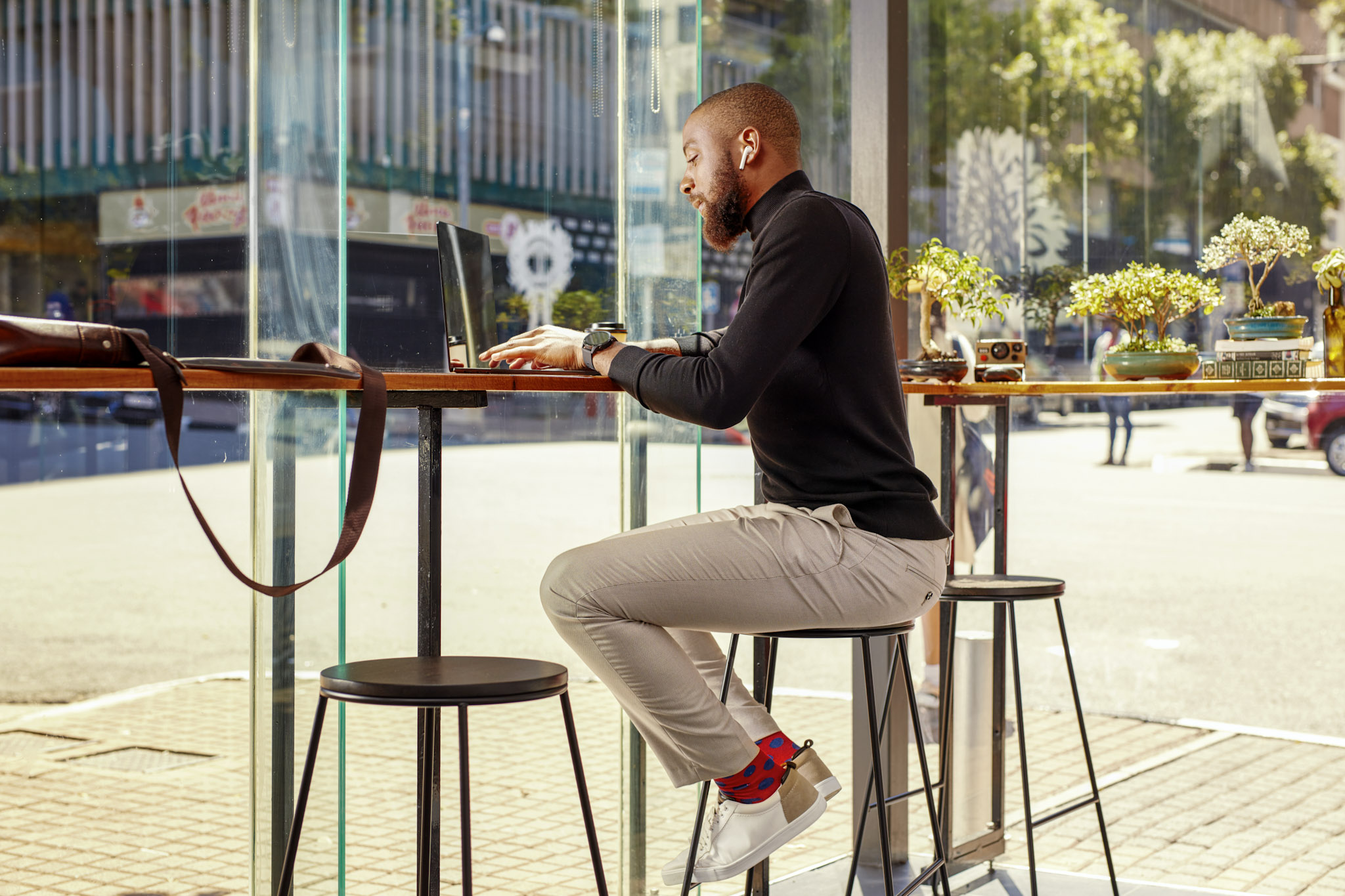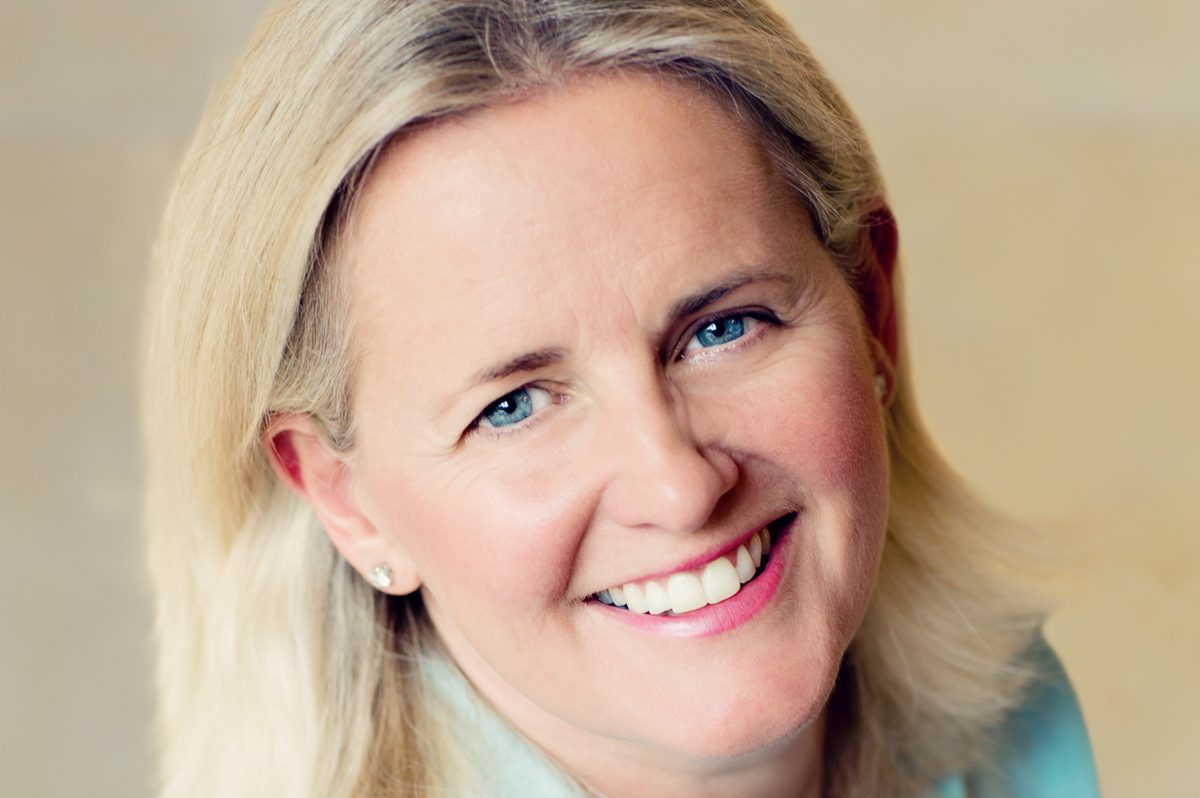
During lockdown, networking has been even more important for sharing knowledge and giving mutual support.
The COVID-19 pandemic has emphasised just how important it is for people to support each other and share knowledge and expertise. And technology has enabled this networking during a period where we couldn’t be together physically.
Sarah Austin’s Really Helpful Club, an online community she founded in 2014, has found itself in greater demand than ever during the pandemic. Set up with the aim of inspiring and informing members in every aspect of their lives, the Club’s Back to Business Programme has helped more than 2,000 women return to the workplace, change careers, or start and grow a business.
Vodafone Business has become a new sponsor of the network.
“Our world is changing fast and even before the pandemic struck, there had been a growing trend towards greater flexibility and a desire for greater control over our lives,” Sarah explains.
“Technology is playing a huge part in this change.”
Sarah and her team have successfully pivoted their events programme online and expanded into Hampshire, Surrey and Sussex, now reaching a nationwide audience.
“Really Helpful Club is unique,” says Sarah. “It is a high-quality community that attracts positive thinking and like-minded people, whose recommendations you can rely on – people you can trust.
“We are all about bringing people together, making important connections and leveraging the power of the network.”
Support and advice
Only one-in-three UK entrepreneurs is a woman, even though there are more women in the UK than men. And women in the US are twice as likely to run their own businesses as women in the UK, according to HM Treasury. In Canada, women are three times as likely.
Sarah believes that a network like hers gives women the opportunity to develop their skills, expand their network and grow their confidence as they take their next step in their careers. It offers secure forums, expert advice, directories of recommended businesses, jobs boards, and an increasing number of online events.

Before lockdown, the Club would hold in-person events, “in central London, or in the suburbs”, she says. But since COVID-19, “our horizons have extended massively, with people all around the country attending our talks, and all around the world”.
Sarah was motivated to set up the Club after working in the City then taking an extended break to be a full-time parent. Going back to work afterwards made her realise the importance of trusted advice, and a supportive network.
The Club’s hour-long webinars – most of them free – cover topics such as how to be happy and fulfilled at work, regaining confidence after a career break, or how to use LinkedIn effectively. Other webinars covered subjects closer to home: relationships during lockdown and the impact of the pandemic on education, for example.
Women’s wellbeing is also high on the agenda with talks on menopause and there have also been discussions around how to look after older parents in care, too.
Club member Georgie Krone comments: “Women need to find their tribe and remember the power of collaboration. Really Helpful Club is all about bringing people together and helping us to grow our networks in a supportive way.”
Believe in yourself
Entrepreneur Joy Foster found the Club helpful when starting up her own multi-award-winning online training company, TechPixies – a social enterprise that has helped thousands of women learn how to make the most of social media to return to work, change careers or start a business.

Credits: Tech Pixies
When she started TechPixies, she delivered the workshops in person, in Oxford where she lives, or in London.
“I thought it was unscalable because I couldn’t be in more than two cities at once,” she says.
But a chance meeting through the Really Helpful Club opened her horizons.
“There was a woman I started talking to at the Club who really liked what I did, and invited me to her house to pitch it to her own investors,” she says.
As a result, Joy was able to raise £150,000 in seed funding, which helped her build an online platform to take her start-up online and expand it.
Now more than 4,000 women have accessed the training workshops that TechPixies delivered during the height of the COVID-19 pandemic. And since starting, 670 women have completed their 90-Day Transformational Social Media Magic Programme, 30% of which have received a scholarship. Many have returned to work, changed careers, or started a business.

Credits: Tech Pixies
“I thought it was a bit like pixie dust,” says Joy. “If we can give women modern tech skills, they can spread their tech pixie dust on companies they work for or are building.”
TechPixies has since won plaudits, including We Are the City’s Rising Star Award and Digital Women’s Digital Course of the Year.
“We’ve identified twelve life coaching points women really struggle with when it comes to putting themselves out there,” she says.
When she teaches about Instagram, for example, she also teaches about the perils of perfectionism. And when she covers Pinterest, she discusses the “compare and despair” pitfalls of the platform.
If you give women social media skills but don’t tackle all of the internal feelings that bubble up when using such platforms, you’re not serving them well, Joy believes.
Embracing digital
During lockdown, every business has had to adapt and look at new ways to reach their audience, says Sarah.
“Zoom has been a game changer, enabling individuals and businesses to keep in touch, network, and make new connections.”
Sarah has also found Vodafone’s V-Hub “an amazing go-to resource” that “start-ups are just crying out for, and Vodafone’s sponsorship of the Club will allow our members to tap into Vodafone’s wealth of expertise in guiding and assisting small businesses”.
A number of Club members will also be contributing their own expertise in starting, managing and scaling their businesses to Vodafone’s V-Hub community.
“This is a fantastic opportunity for our members to extend the reach of their own expertise to help other small businesses on their journeys,” says Sarah.
Money mentoring
During lockdown, the Club has also been giving online presentations to sixth-form students on financial literacy, covering topics such as student loans, compound interest, and how to budget.
King’s College School in Wimbledon, London, said that ‘financial literacy’ came up again and again as something their older students wanted to learn about to prepare them for the kinds of financial decisions they would have to make in the coming months and years.
Sarah believes educational outreach is important because our lives and the technologies we use have taken “exponential leaps and bounds”.
There is a need to teach communication skills and financial awareness on top of the traditional academic subjects, she argues, particularly if we are going to inspire the next generation of entrepreneurs.
But she has this warning for future self-starters. The world of the entrepreneur can be “really lonely”, she says. “No-one should be under the illusion that it isn’t difficult.”
Which is why advice networks like the Really Helpful Club are so important, and why it’s “really great to see a major organisation like Vodafone supporting a dedicated grass roots community”, Sarah concludes.
Follow @VodafoneUKNews on Twitter.
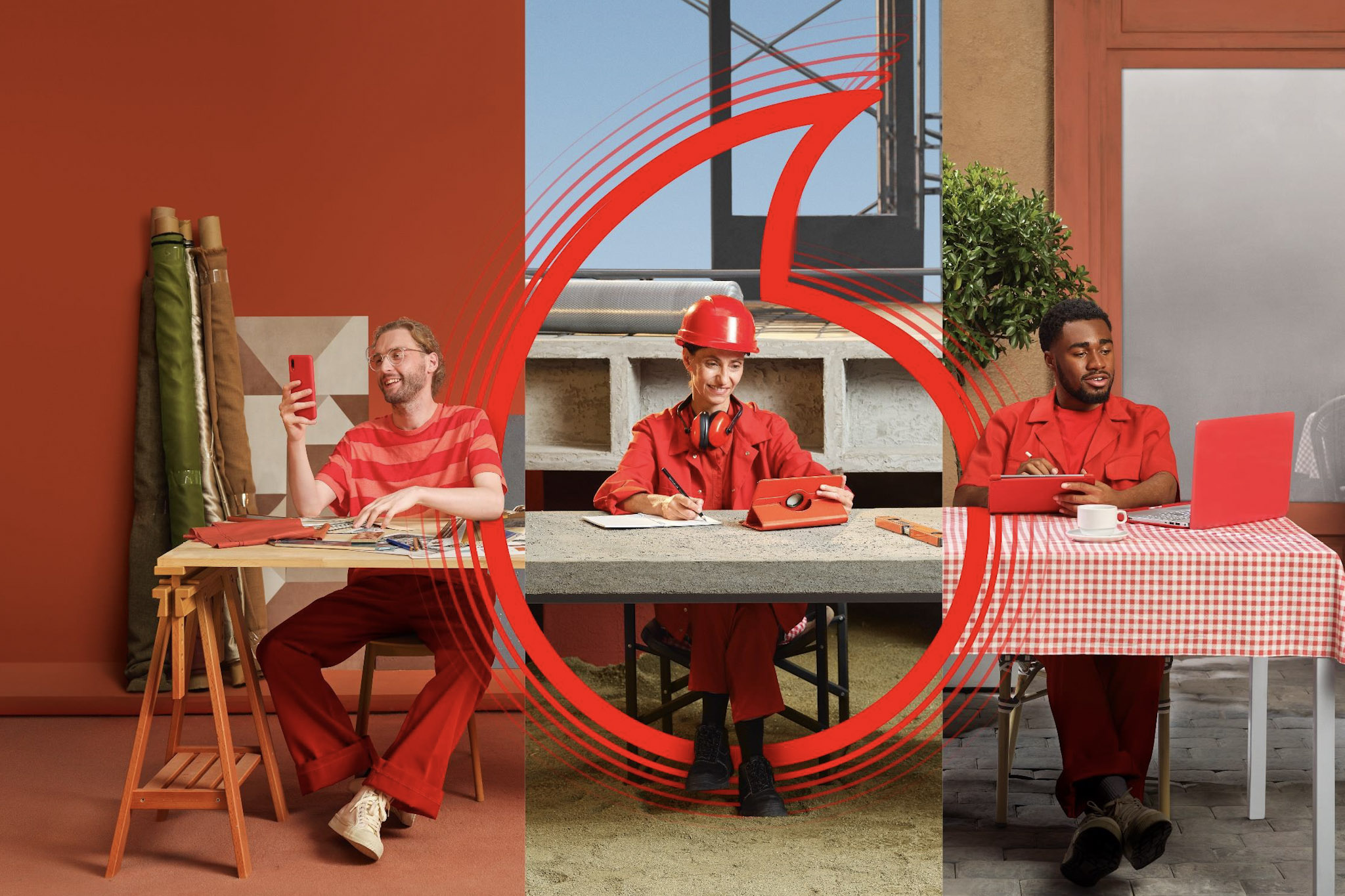
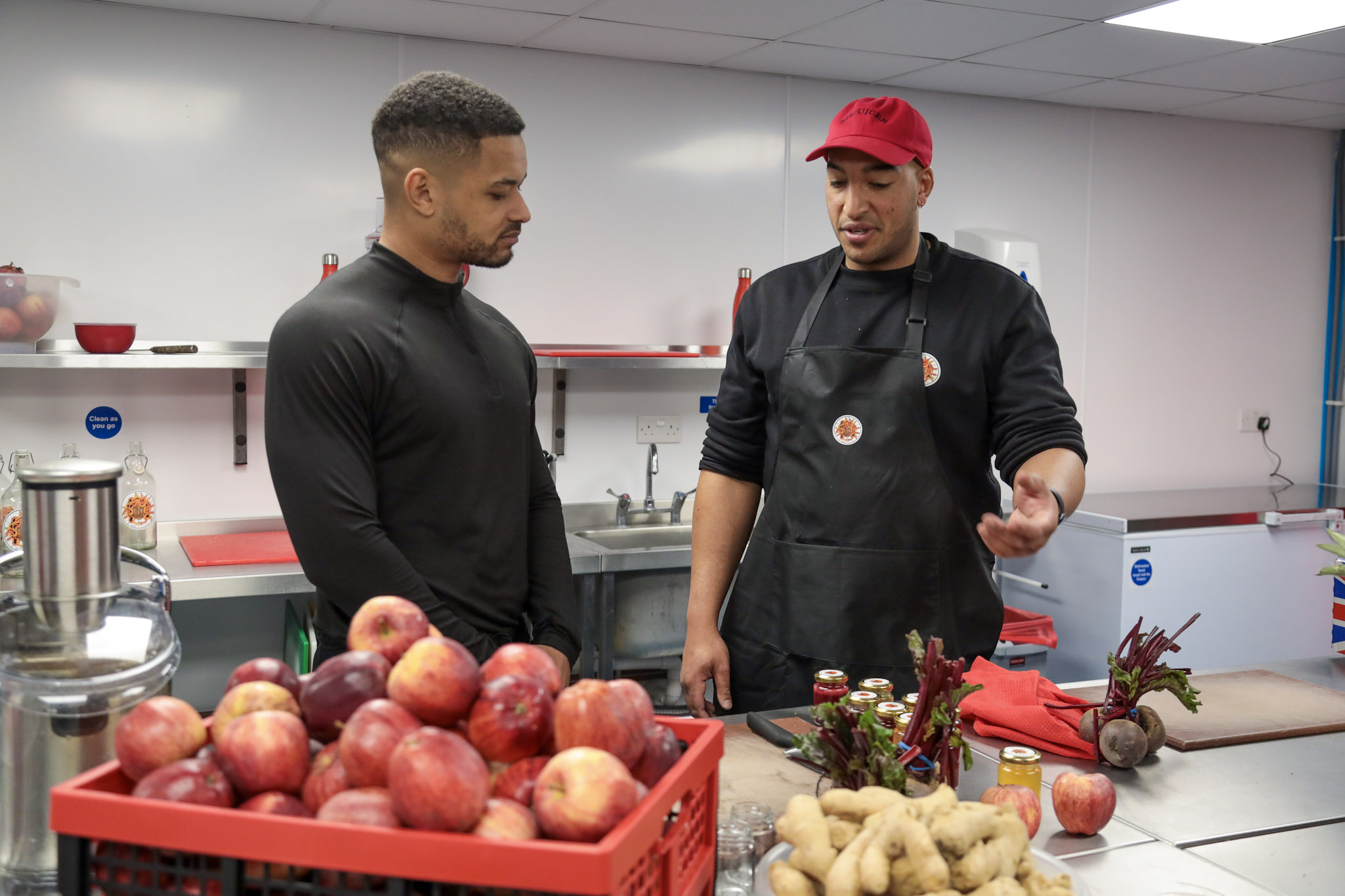


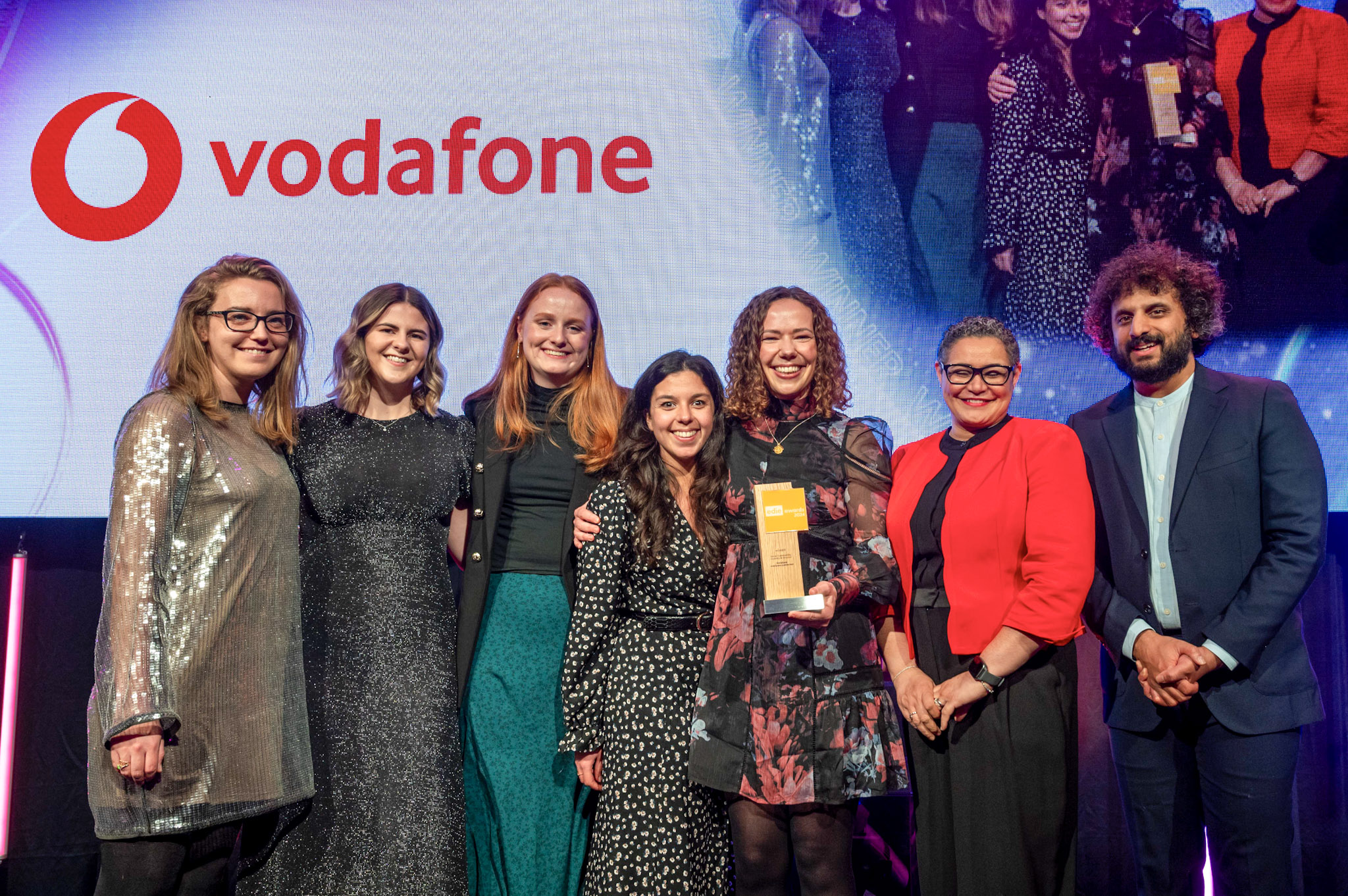
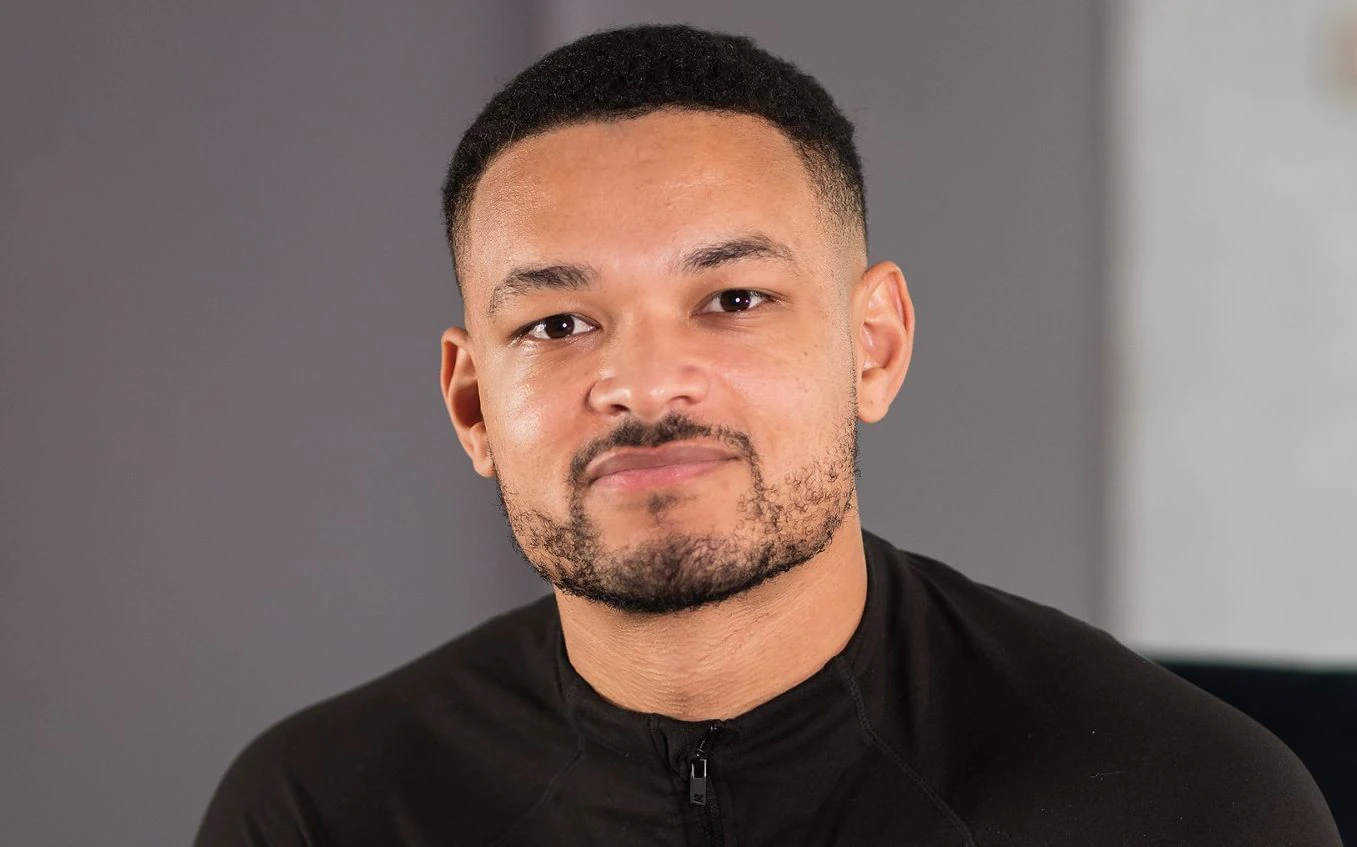
![Senior male retail shop owner using a tablet [Adobe Stock] stock image of an older male retail store owner standing in front of a chiller cabinet while using a tablet](https://www.vodafone.co.uk/newscentre/app/uploads/2024/02/Senior-male-retail-shop-owner-using-a-tablet-Adobe-Stock.jpg)
